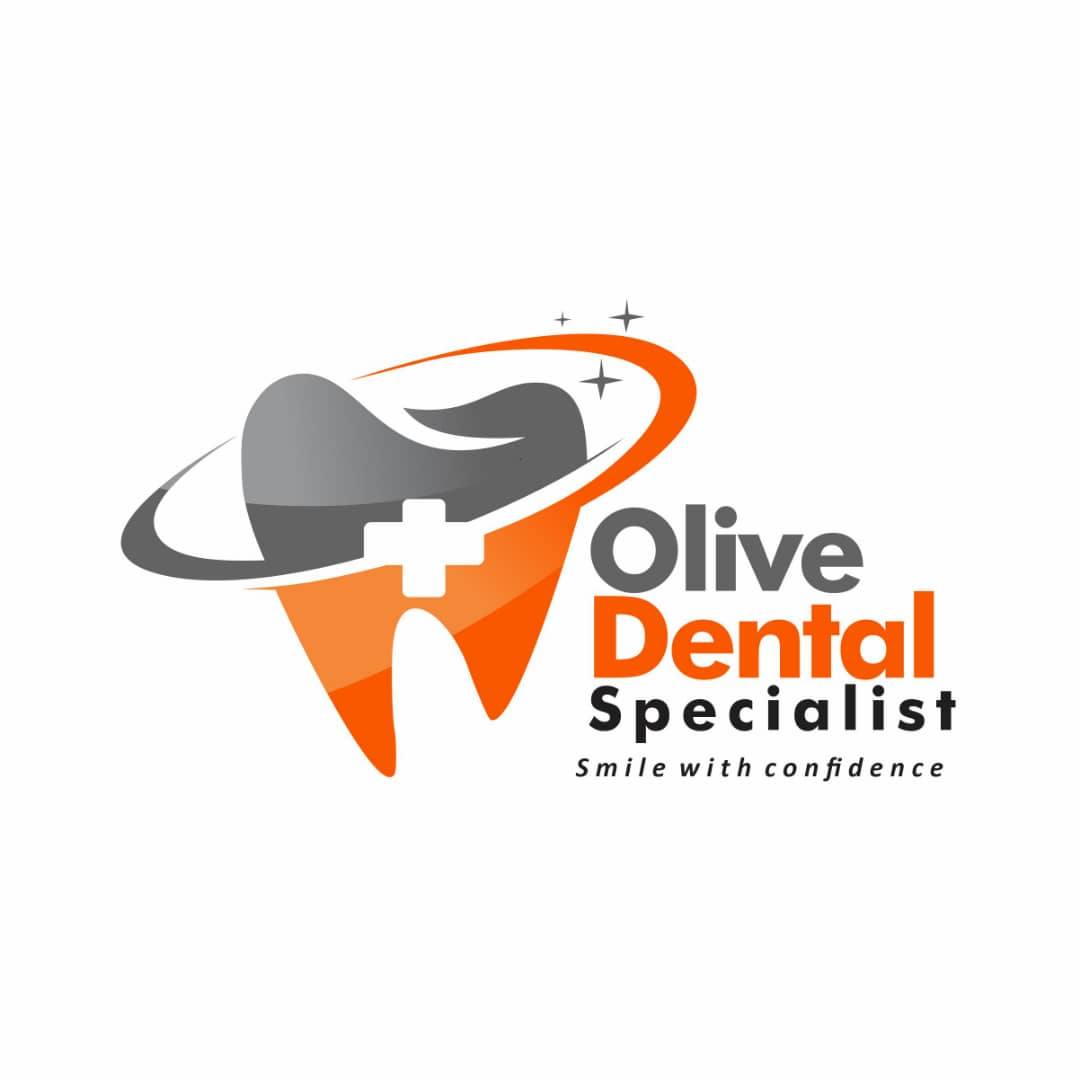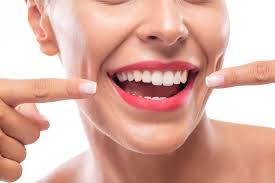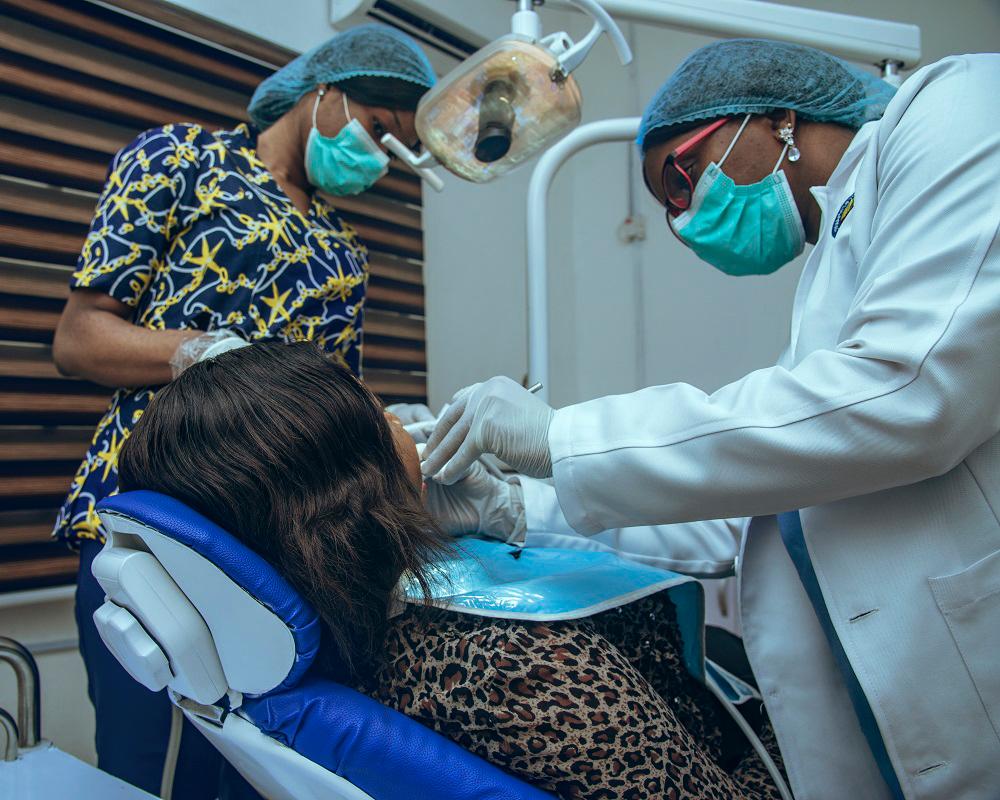When most people think of allergies, they picture runny noses or itchy eyes—but did you know that seasonal allergies and food sensitivities can significantly affect your dental health too? This deep-dive explains the lesser-known connection between allergies and oral issues, highlighting practical tips to protect your smile and overall wellbeing.
1. Sinus Pressure and Tooth Pain
Allergic rhinitis often leads to sinus inflammation, especially in the maxillary sinuses located just above your upper molars. The resulting pressure can mimic toothache, typically affecting several teeth at once. If your tooth pain comes and goes with your allergy symptoms—or gets worse when you bend over—sinus-related issues might be the culprit. Nonetheless, a dental check is essential to rule out cavities or infections.
Tip:
Gently massage around your cheeks and under-eye area, stay hydrated, and use a nasal decongestant or saline rinse. If tooth pain persists, contact your dentist.
2. Dry Mouth from Medications and Mouth-Breathing
Allergy medications, particularly antihistamines, often cause dry mouth by reducing saliva. Symptoms also worsen when nasal congestion forces mouth breathing—leaving your mouth dry, susceptible to bacteria, decay, gum disease, and bad breath.
Tip:
Sip water frequently, chew sugar-free gum to boost saliva, and consider fluoride or saliva-stimulating rinses. Address nasal congestion with a humidifier or nasal spray to restore healthy breathing patterns.
3. Allergy-Linked Gum Inflammation
Histamine release during allergic reactions can lead to swollen, tender gums. Chronic inflammation increases vulnerability to gingivitis and periodontitis. Managing allergies becomes essential to maintain gum health.
Tip:
Continue brushing, flossing, and use an antimicrobial mouthwash. If gums remain inflamed, a professional cleaning can help restore health.
4. Oral Allergy Syndrome (OAS)
If you have seasonal allergies, you might experience mild oral reactions (itchy, tingling lips or throat) after consuming certain raw fruits, vegetables, or nuts with proteins similar to pollen. This condition is called Oral Allergy Syndrome.
Common Triggers:
- Birch pollen → apples, cherries, carrots, celery, hazelnuts
- Ragweed pollen → bananas, melons, cucumbers, zucchini
Tip:
Peel or cook triggering foods—heat changes the proteins and prevents reaction. Consider allergy testing if symptoms are persistent.
5. Allergies and Cavities in Children
Children with chronic allergies may breathe through their mouths, drying saliva and increasing cavity risk. Additionally, some allergy medications contain sugar or acidic elements that worsen decay.
Tip:
Encourage nose breathing, rinse with water after medication, and check for added sugars. Maintain consistent brushing and flossing of your child’s teeth.
6. Protective Strategies for Allergy-Prone Individuals
- Sinus-related tooth pain: Use nasal sprays, gentle sinus massage, and stay hydrated.
- Dry mouth from meds: Drink water, chew xylitol gum, use fluoride rinses.
- Gum inflammation: Increase brushing/flossing, antimicrobial mouthwash, consider professional cleaning.
- OAS symptoms: Peel, cook, or avoid trigger foods; allergy testing if ongoing.
- Child oral health: Rinse post-med, check label ingredients, teach oral hygiene early.
- Product sensitivities: Watch for reactions to toothpaste flavors or fillings.
The Connection: Allergies and Oral Health
A large Korean adolescent study found that poor oral health (e.g., gum disease, cavities, bad breath) is significantly linked to asthma, allergic rhinitis, and eczema. Adolescents with multiple oral health issues were up to 1.5× more likely to suffer from allergies.
Final Thoughts
Allergies extend beyond seasonal sneezes—they impact oral health through sinus pressure, dry mouth, inflammation, and food sensitivities. Understanding these connections empowers you to take proactive steps to protect your smile.
At Olive Dental Clinic Port Harcourt, we offer tailored solutions—from gentle cleanings to personalized advice for allergy-related dental care. Come see how we integrate comprehensive oral health with your overall wellbeing.



